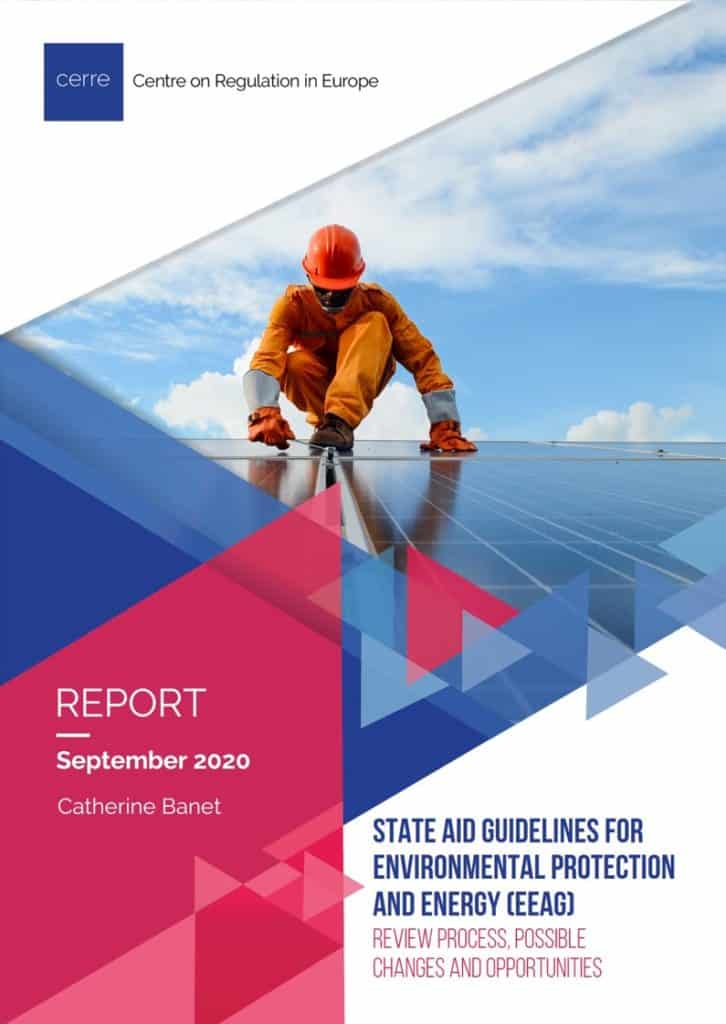and University of Oslo
Catherine Banet (PhD) is Professor of Law at the University of Oslo and Head of the Department for Energy and Resources Law, Norway.
Her legal research activities focus on energy market design, energy transport infrastructures regulation, support schemes and financing models, focusing on renewable energy and notably offshore wind, climate change mitigation measures such as carbon capture and storage (CCS), and hydrogen regulation.
Prof. Banet has a background from the private law practice (Norway, France), the European Commission (DG ENV), U.S. diplomatic mission and academia. She is a member of the Academic Advisory Group of the Section on Energy, Environment and Infrastructure Law of the IBA, and Chair of the Board of the Norwegian Energy Law Association.
Catherine Banet (PhD) is Professor of Law at the University of Oslo and Head of the Department for Energy and Resources Law, Norway.
Her legal research activities focus on energy market design, energy transport infrastructures regulation, support schemes and financing models, focusing on renewable energy and notably offshore wind, climate change mitigation measures such as carbon capture and storage (CCS), and hydrogen regulation.
Prof. Banet has a background from the private law practice (Norway, France), the European Commission (DG ENV), U.S. diplomatic mission and academia. She is a member of the Academic Advisory Group of the Section on Energy, Environment and Infrastructure Law of the IBA, and Chair of the Board of the Norwegian Energy Law Association.



